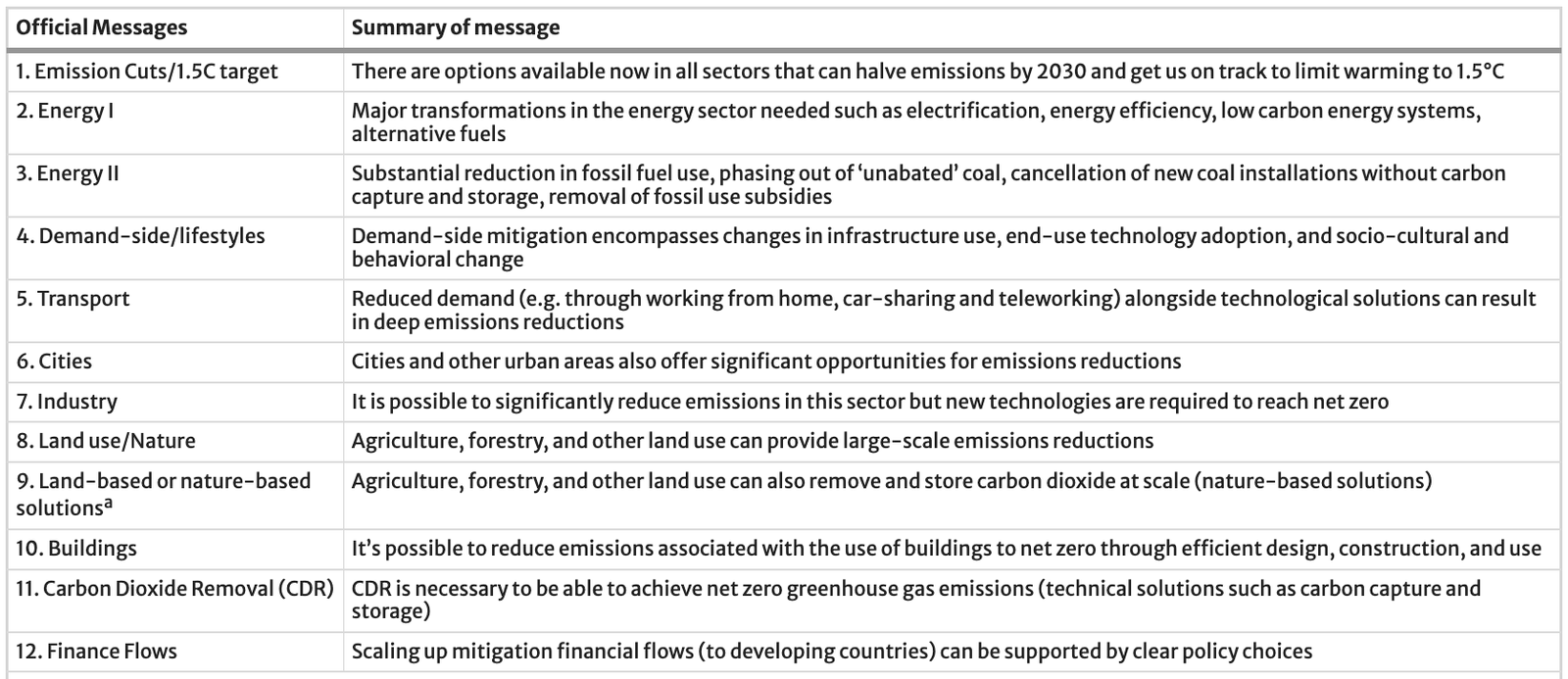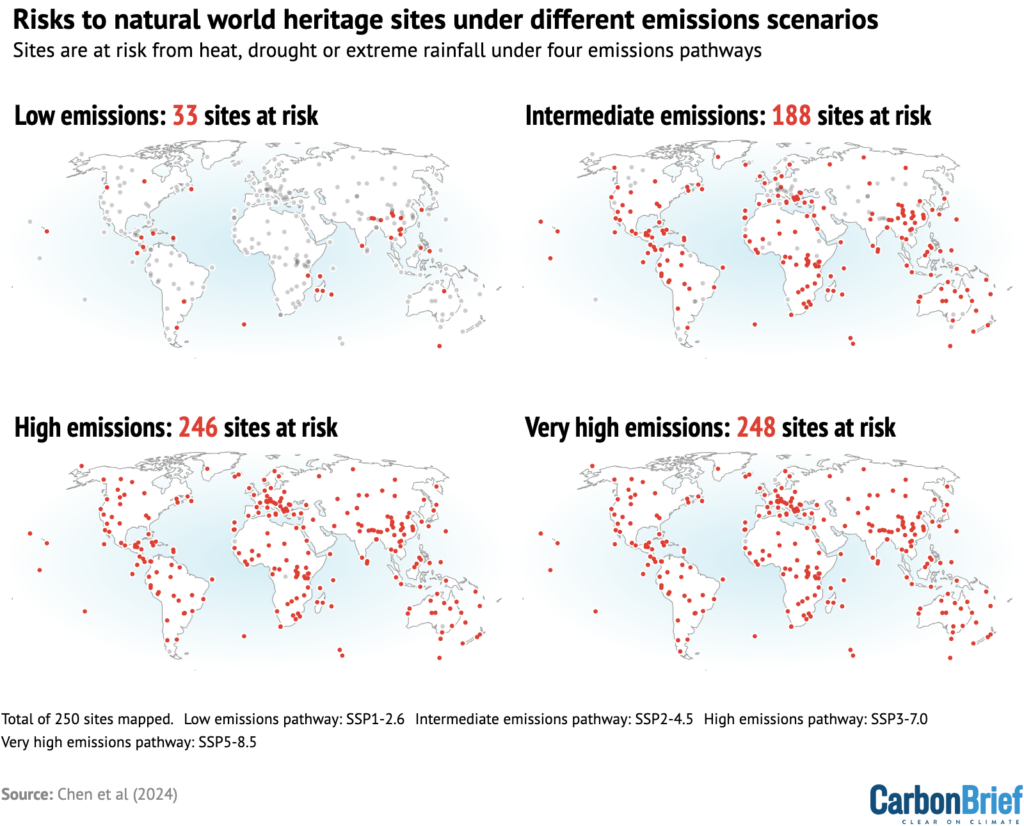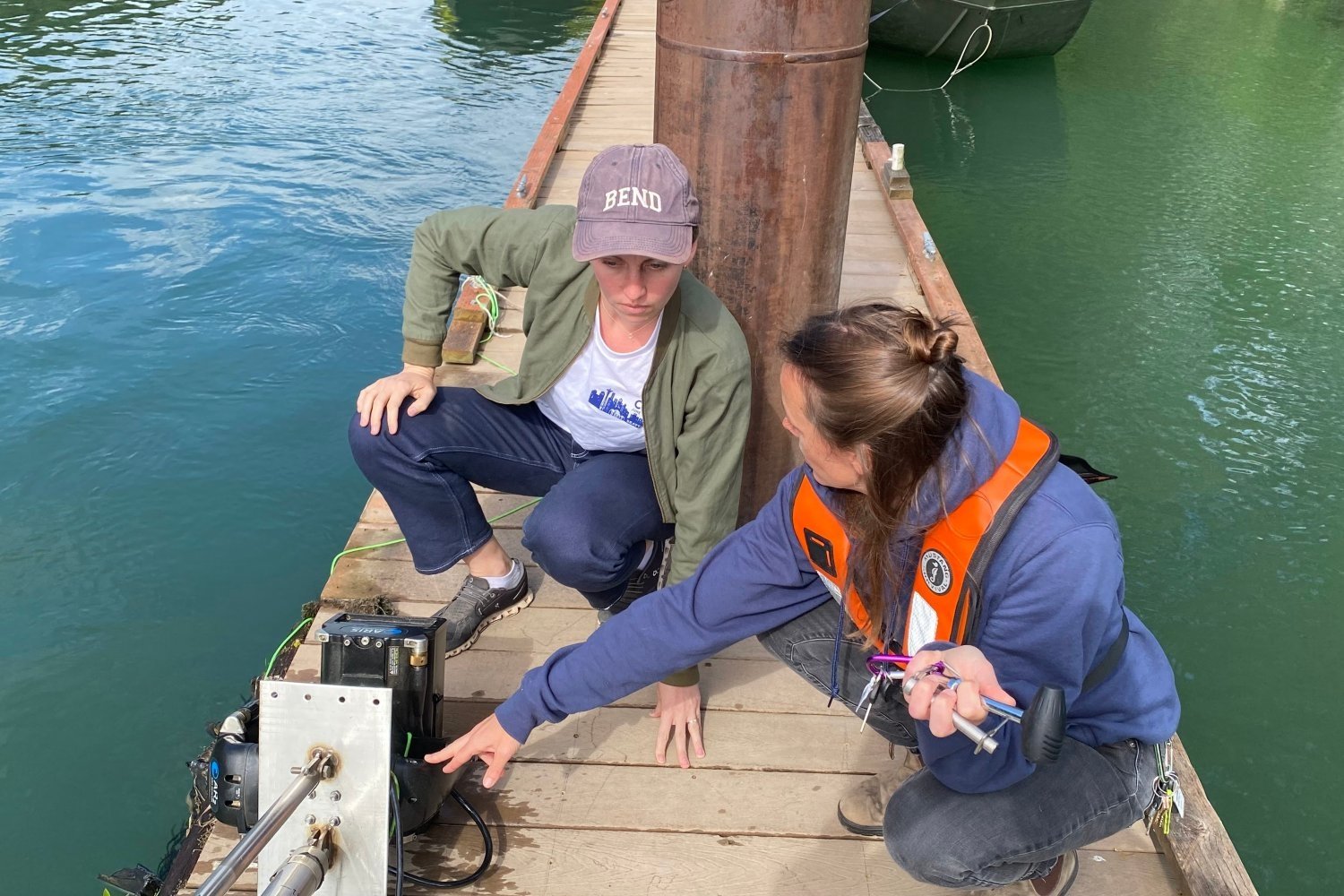Can deep learning transform heart failure prevention?

by
Carbon Neutral Regulation in AI Training

by
The ancient Greek philosopher and polymath Aristotle once concluded that the human heart is tri-chambered and that it was the single most important organ in the entire body, governing motion, sensation, and thought. Today, we know that the human heart actually has four chambers and that the brain largely controls motion, sensation, and thought. But […]

Around 95% of countries have missed a UN deadline to submit new climate pledges for 2035, Carbon Brief analysis shows. Just 10 of the 195 parties signed up to the landmark Paris Agreement have published their new emissions-cutting plans, known as “nationally determined contributions” (NDCs), by the 10 February deadline. Countries missing the deadline represent […]

by
The government has announced a delay to the introduction of mandatory digital waste tracking across the UK, moving the start date from April 2025 to April 2026. A scheme of this kind hopes to provide a comprehensive way to see what is happening to the waste produced in the UK, supporting better regulation and a […]

by
AI-powered collaboration tools are essential for productivity today. Prior to the big AI boom, teams spent over 85% of their time each week collaborating (meetings, emails, chat, etc.), leaving little time for deep work. The following tools use artificial intelligence to streamline teamwork – from summarizing long message threads to auto-generating project plans – so […]

by
In 2017, a significant change reshaped Artificial Intelligence (AI). A paper titled Attention Is All You Need introduced transformers. Initially developed to enhance language translation, these models have evolved into a robust framework that excels in sequence modeling, enabling unprecedented efficiency and versatility across various applications. Today, transformers are not just a tool for natural […]

by
A lot has changed in the 15 years since Kaiming He was a PhD student. “When you are in your PhD stage, there is a high wall between different disciplines and subjects, and there was even a high wall within computer science,” He says. “The guy sitting next to me could be doing things that […]

by
Artificial intelligence (AI) is transforming research, development, and innovation (R&D&I), unlocking new possibilities to address some of the world’s most pressing challenges, including sustainability, healthcare, climate change, and food and energy security, as well as helping organizations to innovate better and launch breakthrough products and services. AI in R&D&I is not new. However, the rise […]

by
Maria de Lourdes Zollo is the CEO and Co-Founder of Bee. She previously worked at Twitter as a Senior Product Manager and creator. Maria de Lourdes Zollo attended Università degli Studi di Milano. Bee is a personal AI wearable that transforms conversations and tasks into summaries, insights, and reminders. It learns and adapts, offering proactive […]

Journalists covering a major climate report in 2022 broke with a “historical tradition” of focusing on the negative impacts of climate change, shifting instead to “positive, solutions-based reporting”, a study has found. The research, published in Climatic Change, looks at the way US and UK news outlets covered the Intergovernmental Panel on Climate Change’s (IPCC) […]

Welcome to Carbon Brief’s DeBriefed. An essential guide to the week’s key developments relating to climate change. This week Balmy new year NEW RECORD: Last month was the warmest January recorded on Earth, the Financial Times reported, based on data from the EU’s earth observation agency. This “surprise[ed] scientists who expected the cooling La Niña weather […]

by
Should you grab your umbrella before you walk out the door? Checking the weather forecast beforehand will only be helpful if that forecast is accurate. Spatial prediction problems, like weather forecasting or air pollution estimation, involve predicting the value of a variable in a new location based on known values at other locations. Scientists typically […]

by
Sara Beery came to MIT as an assistant professor in MIT’s Department of Electrical Engineering and Computer Science (EECS) eager to focus on ecological challenges. She has fashioned her research career around the opportunity to apply her expertise in computer vision, machine learning, and data science to tackle real-world issues in conservation and sustainability. Beery […]

by
In a major boost to enterprise IT, DevAI, a rising force in AI-powered IT solutions, has secured $6 million in an oversubscribed seed round led by Emergence Capital. The round also saw participation from Pear VC, Base10, and Benchstrength, following an earlier $1 million pre-seed investment from Pear VC. DevAI is tackling a critical challenge […]

Climate Solutions // ISSUE # 104 // HOTHOUSE Hello, dear Hothouse readers, I’m still digesting the new administration and the devastating L.A. Fires. I imagine I’m not alone. Given everything January threw at us, I’m working to pull together a dispatch to help us navigate the months ahead. In the meantime, before […]

by
Imagine this: you’re a fashion designer on a tight deadline, staring at a blank sketchpad, desperately trying to bring a vision to life. Creativity can be thrilling, but it can also feel like an uphill climb—especially in an industry as fast-paced and demanding as fashion! Did you know that nearly 70% of online shoppers consider […]

by
AI and machine learning (ML) are reshaping industries and unlocking new opportunities at an incredible pace. There are countless routes to becoming an artificial intelligence (AI) expert, and each person’s journey will be shaped by unique experiences, setbacks, and growth. For those with no prior experience eager to dive into this compelling technology, it’s important […]

by
Ken Claffey is the CEO of VDURA, brings extensive experience in high-performance computing (HPC) and storage, having held executive roles at Seagate, Xyratex, Adaptec, and Eurologic. At Seagate, he led the Enterprise storage division, driving product innovation and market growth. At Xyratex, he helped scale the company into a leading OEM provider and built the […]

by
TrueFoundry, a pioneering AI deployment and scaling platform, has successfully raised $19 million in Series A funding. Led by Intel Capital, the round saw participation from Eniac Ventures, Peak XV’s Surge (formerly Sequoia Capital India & SEA), Jump Capital, and angel investors including Gokul Rajaram, Mohit Aron, and executives from Fortune 1000 companies. With this […]